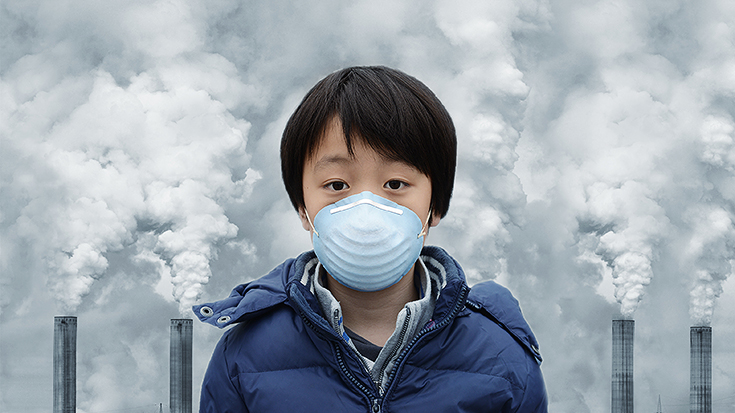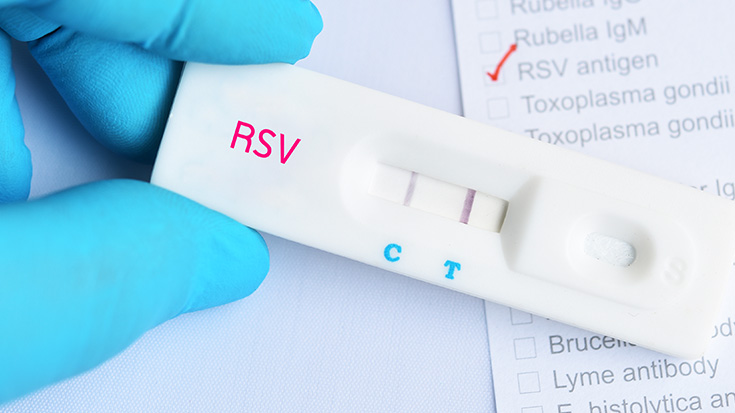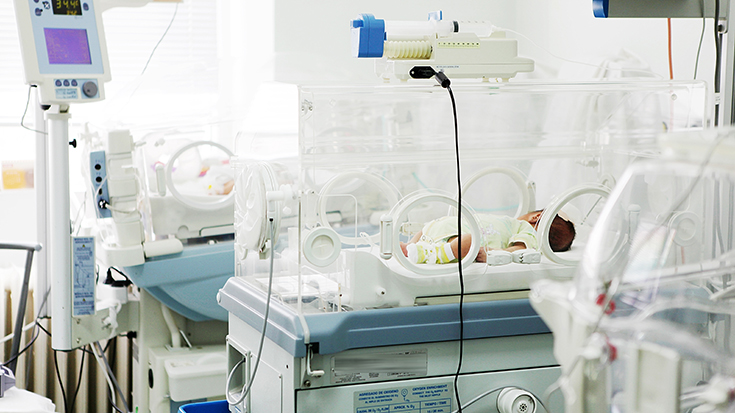
Air pollution contributes to the deaths of about 600,000 children under age five every year and nearly one in seven kids — about 300 million — live in areas with toxic levels of air pollution that exceed international guidelines by six times or more. Overall, two billion children live in areas where outdoor air pollution exceeds minimum air quality guidelines established by the World Health Organization (WHO).
Those are the key findings from a new report published by UNICEF to shed some light on the toll polluted air takes on children around the world. Released in late October, Clear the Air for Children calls on world leaders to take these four steps to combat the problem —
- Reduce pollution: All countries should work to meet WHO global air quality guidelines to enhance the safety and wellbeing of children. To achieve this, governments should adopt such measures as cutting back on fossil fuel combustion and investing in energy efficiency and renewable energy sources.
- Increase children’s access to health care: Investing in children’s overall health care — including immunization campaigns and improving knowledge, community management, and numbers seeking care for pneumonia (a leading killer of children under five) — will improve their resilience to air pollution and their ability to recover from diseases and conditions linked to it.
- Minimize children’s exposure: Sources of pollution such as factories should not be located within the vicinity of schools and playgrounds. Better waste management can reduce the amount of waste that is burned within communities. Cleaner cook stoves can help improve air quality within homes. Reducing air pollution overall can help lower children’s exposure.
- Monitor air pollution: Better monitoring has been proven to help children, youth, families, and communities to reduce their exposure to air pollution, become more informed about its causes, and advocate for changes that make the air safer to breathe.
“Pollutants don’t only harm children’s developing lungs — they can actually cross the blood-brain barrier and permanently damage their developing brains — and, thus, their futures,” UNICEF Executive Director Anthony Lake was quoted as saying. “No society can afford to ignore air pollution.”
Email newsroom@aarc.org with questions or comments, we’d love to hear from you.















